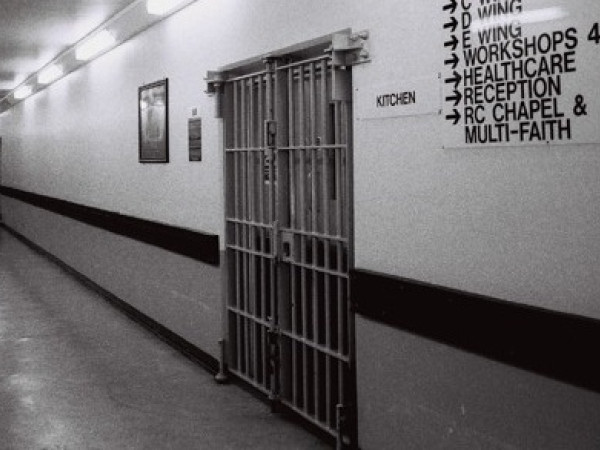
New figures out today call into question the government’s claim that it is working at pace to resolve the IPP prison sentence scandal.
The Imprisonment for Public Protection (IPP) sentence, a life sentence-like punishment for offences not serious enough to attract a life sentence, was introduced in 2003 and abolished in 2012. The abolition did not, however, apply to those already serving an IPP. More than a decade after the sentence was abolished, there are still over 2,600 IPP prisoners.
Earlier this month, the government revealed that five IPP prisoners, originally given sentences of under six months, were still in prison, years later. A further 15 still languishing in prison had originally received a sentence of under 12 months. A further 168 had received a sentence of under two years.
In one notorious case, a man served sixteen years in prison, having originally been given an eight-month sentence. Another prisoner was given a three year sentence for stealing a flowerpot when she was seventeen years old. She spent 16 years in prison.
Earlier today, the prisons minister Lord Timpson and his ministerial colleague Sir Nic Dakin wrote to our director, Richard Garside, stressing the government’s commitment “to supporting those still serving them to move towards a safe and sustainable release”.
Yet new figures out today show that the pace of IPP prisoner releases remains painfully slow. At the end of September this year, 2,694 prisoners were serving IPP sentences, including 1,599 who had been sent back to prison having previously been released (so-called ‘recalls’), and 1,095 who had never been released.
This compares with a total of 2,734 IPP prisoners at the end of June 2024, of which 1,602 were recalled prisoners and 1,132 had never been released. An overall decline in numbers of only 40 IPP prisoners.
In today’s letter, Lord Timpson and Sir Nic also reject calls for the resentencing of all IPP prisoners, while highlighting welcome changes to post-release supervision requirements, which it is hoped will reduce the number of released IPP prisoners being unnecessarily recalled to prison.
According to Lord Timpson and Sir Nic:
Resentencing... would result in offenders still in custody being released automatically, despite the independent Parole Board having determined, in many cases repeatedly determined, that they are too dangerous to be released, having not met the statutory release test. Resentencing by the court would likely result in most offenders still in custody being released without any licensed supervision.
The claim, made regularly by ministers, that any resentencing exercise would result in the immediate release of many IPP prisoners, was challenged in our recent parliamentary briefing, which pointed out:
This seems to misunderstand what the Justice Committee meant by a resentencing exercise and the role of the expert committee – which could recommend, for example, a staggered release schedule to give probation adequate time to prepare, or prioritisation for those with the shortest tariffs or longest time served over-tariff, or even partial resentencing starting with those previously considered safe for release by the Parole Board.
Speaking today, Richard Garside said:
It is disappointing that ministers continue to make a claim about resentencing that simply does not stand up. Any legislation introducing a resentencing exercise could include requirements for post release support and supervision, something many released IPP prisoners might in fact welcome.
A good way of clarifying this, once and for all, would be for the government to set up an expert committee, as proposed by the Justice Committee, which could be tasked with proposing how a resentencing could be conducted safely, including recommendations on post-release supervision requirements.
On the latest figures of the number of IPP prisoners still in custody, he added:
The government claims it is working at pace on releasing IPP prisoners. Yet the rate of release of IPP prisoners remains glacially slow.
Like many others, I welcome the changes to post-release supervision requirements for IPP prisoners, introduced by the previous Conservative government, which start coming into force tomorrow.
I also very much hope the government keeps an open mind on the necessity for more urgent action if, as many fear, its current approach to resolving the IPP scandal falls short.
Download and read Lord Timpson and Sir Nic’s joint letter below.